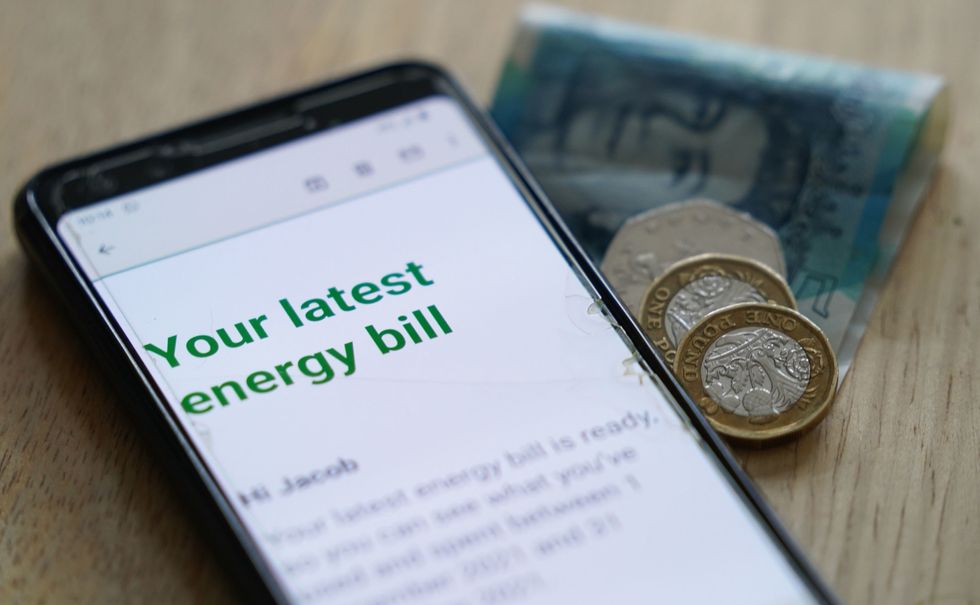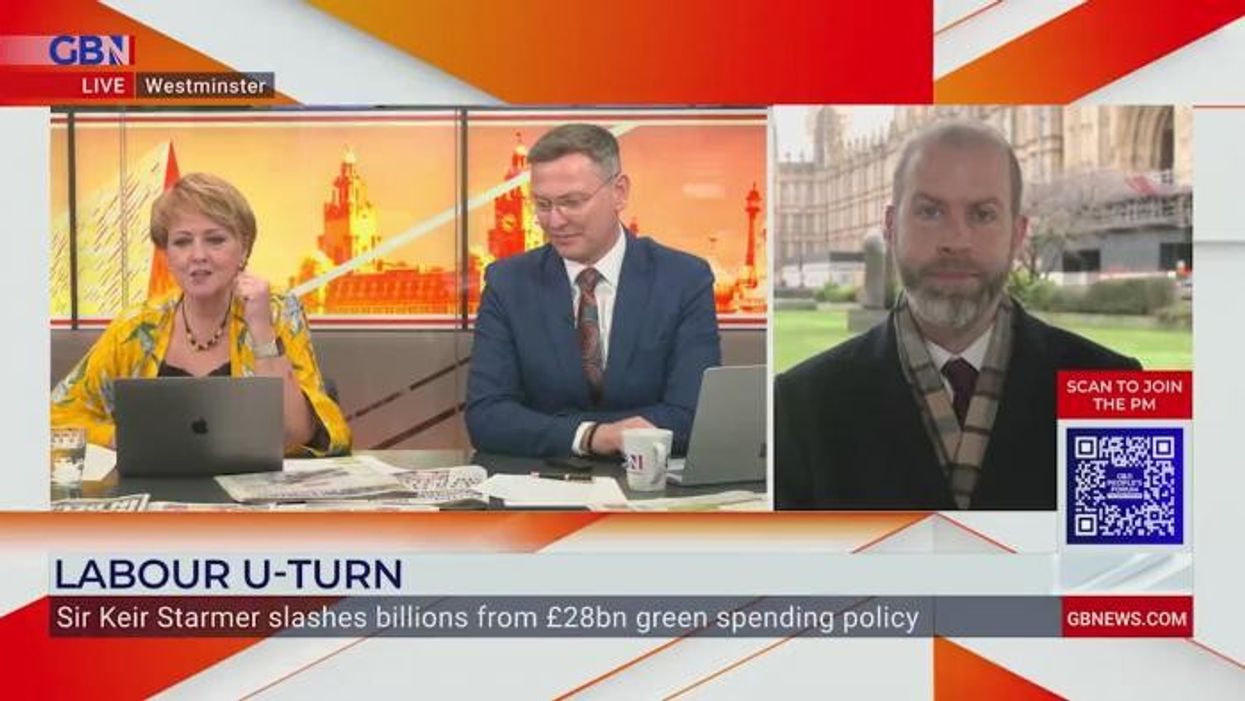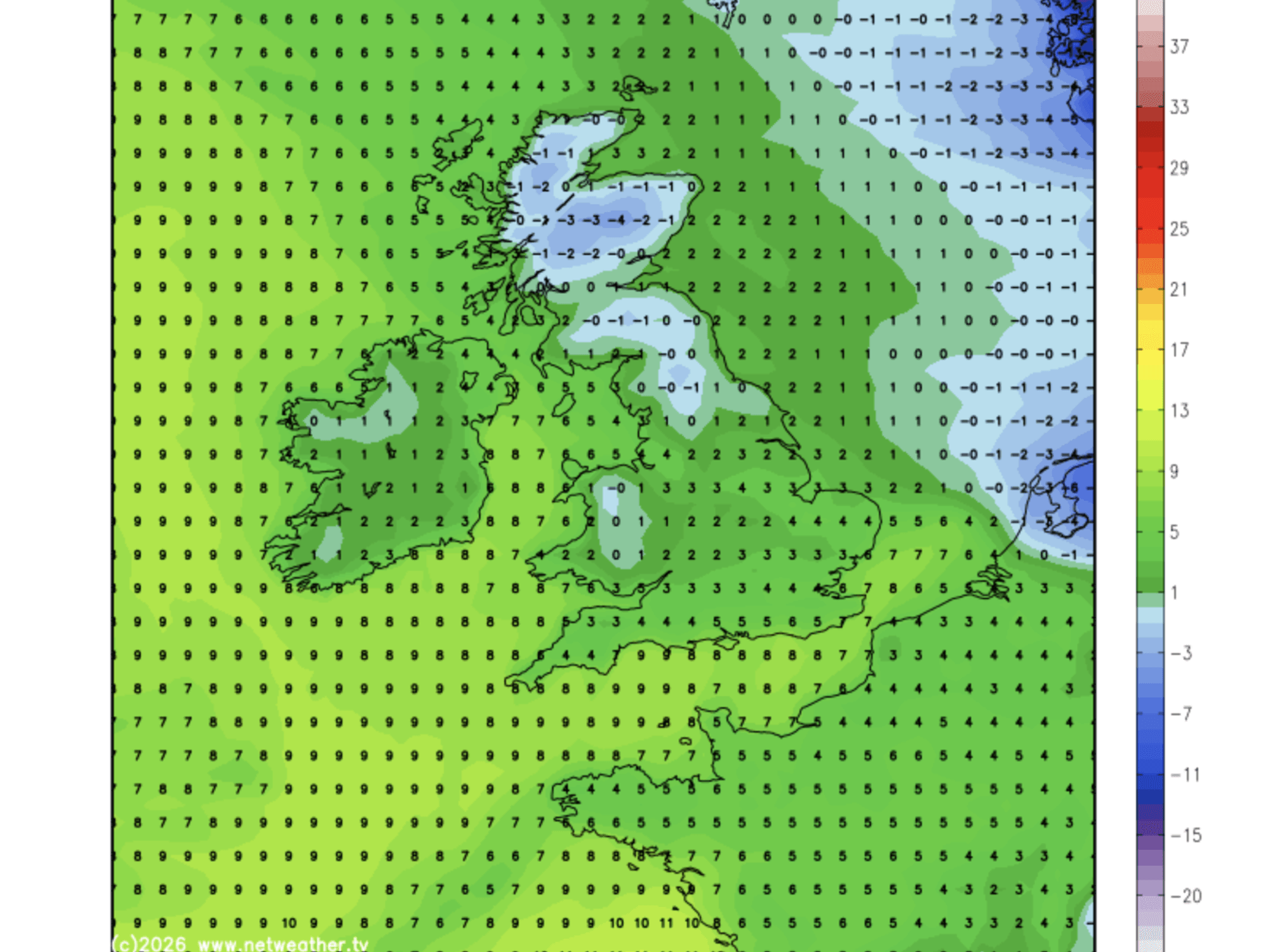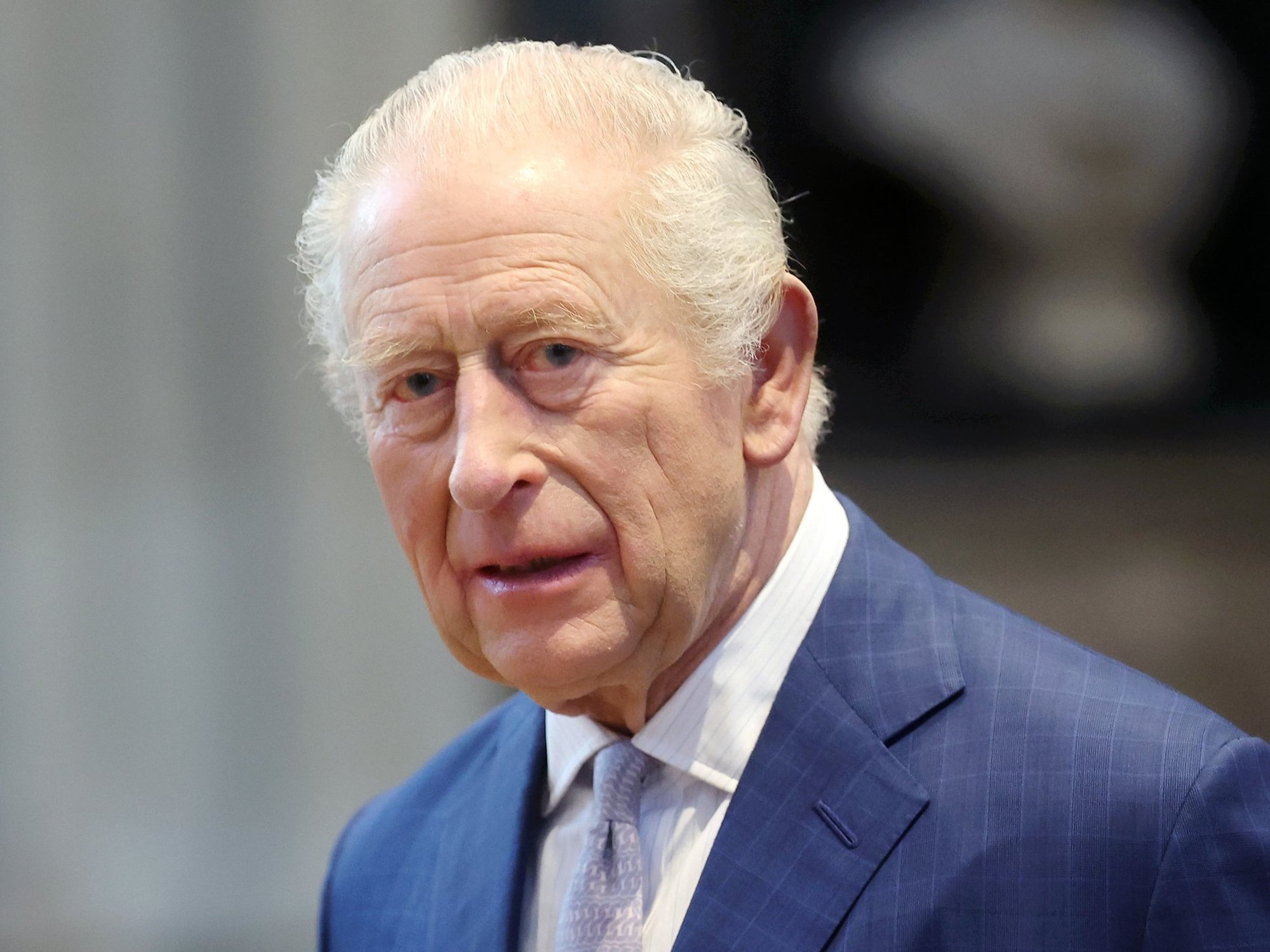Ofgem energy price cap to fall by over £230 - biggest decline in bills since 2022

Energy bills are expected to fall throughout the summer following Ofgem’s latest price cap decision but experts are warning households could still pay more due to extra penalties
Don't Miss
Most Read
Ofgem has announced the energy price cap will drop by more than £230 a year on average, marking the biggest drop in bills in two years.
The regulator confirmed the cap, which is the maximum amount supplier can charge per unit of gas and electricity, would fall by 12.3 per cent from April 1.
It said the annual price cap will fall to £1,690 for a typical dual-fuel household paying by direct debits, down from £1,928. If people use more energy than average, they would pay more.
Ofgem slashed the energy price cap to £3,280 a year from April 2023, before it later dropped from £1,976 in July to £1,834 a year from October to December 2023.
Do you have a energy bill tory you’d like to share? Get in touch by emailing money@gbnews.uk.

Ofgem has outlined the most recent changes to the energy price cap
|GETTY
According to Ofgem, this reduction in the price cap will save households the equivalent of £20 a month. Energy prices are set to reach their lowest level since Russia’s invasion of Ukraine in February 2022.
The ongoing war in Eastern Europe has been a contributing factor to the spikes in household energy bills in recent years. In its announcement, Ofgem warned that the cost of living crisis will continue to be high for many customers who will be saddled with rises in standing charges.
Jonathan Brearley, CEO of Ofgem, described today’s drop in the price as “good news” while highlighting the challenges that lay ahead.
He said: “But there are still big issues that we must tackle head-on to ensure we build a system that’s more resilient for the long term and fairer to customers. That’s why we are levelising standing charges to end the inequity of people with prepayment meters, many of whom are vulnerable and struggling, being charged more up-front for their energy than other customers.”
 Energy bill payers have been forced to pay more in recent years | PA
Energy bill payers have been forced to pay more in recent years | PAAs part of today’s announcement, Ofgem outlined its plan to tackle the ongoing issue of energy debt in the UK. The regulator will allow a temporary additional payment of £28 per year, the equivalent to £2.33 per month, to make sure suppliers have sufficient funds to support customers who are struggling. This sum is set to be added to energy bills of customers who pay by standard credit or direct debt.
On top of this, Ofgem confirmed the levelisation of standing charges to remove the prepayment meter (PPM) “premium” which has been previously levied at PPM customers. Thanks to this decision, PPM customers are set to save around £49 a per year while direct debit customers will pay £10 more annually.
According to the regulator, increasing network costs have contributed to the hike in standing charges. Anticipating this, Ofgem published a call for input in November 2023 and are in the process of reviewing more than 400,000 responses. On the price cap dropping, Gareth Kloet, the spokesperson for Go.Compare Energy said: “This lower energy price cap is a really encouraging sign for UK bill payers.
“This is the lowest figure we have seen since Q1 of 2022, and while it might still be disappointing for some who were hoping for a bigger reduction, as we head out of the colder months, energy usage is likely to decrease and alongside a lower price cap, we may see a welcome reduction to the high energy prices we’ve all been paying.”
While energy bills are forecast to drop throughout the year, experts are sounding the alarm that households could be slapped with extra penalties which could push costs up more. Recently, Ofgem confirmed a new £16 charge per household to assist suppliers with recovering £3billion worth of debts resulting from the energy crisis.
Furthermore, the regulator is expected to introduce new levies to pay for the cost of prepayment meters, and adjustments to standing charges. These changes come as the wider energy market has shrank significantly during the cost of living crisis with multiple suppliers going bust, including Bulb and Orbit Energy.
CEO of TotallyMoney Alastair Douglas warned households these events could be costly for households down the line. He explained: “The price energy cap has become an energy price fix. Competition in the market is almost non-existent, and most tariffs set by providers are charging the maximum.
“And while new offers which undercut the cap are slowly entering the market, would-be customers are being slapped with £150 exit fees per fuel, pushing penalties up to an eye-watering £300.
LATEST DEVELOPMENTS:
 Britons are used to seeing the price cap rise instead of coming down | GETTY
Britons are used to seeing the price cap rise instead of coming down | GETTY “So while April’s cut to the price cap is a step in the right direction, Ofgem needs to step up and protect the people it’s supposed to serve. Otherwise, we’ll continue to see heating costs burning a hole in people's pockets, while energising big energy firm profits.”
Yesterday, Simon Francis, coordinator of the End Fuel Poverty Coalition Simon Francis echoed this sentiment.
Mr Francis added: “Even if Ofgem drops the energy price cap slightly as expected on Friday, energy prices will still be around 50 per cent higher than they were before the energy bills crisis began.
“Three years of staggering energy bills have placed an unbearable strain on household finances up and down the country. Household energy debt is at record levels, millions of people are living in cold damp homes and children are suffering in mouldy conditions.











